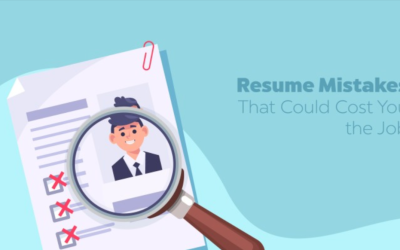Achieving Job Balance: Navigating Work and Life in Harmony
In an era where the lines between work and personal life increasingly blur, achieving job balance has become more crucial than ever. This elusive equilibrium not only enhances productivity and career satisfaction but also improves mental health and personal relationships. This blog explores the concept of job balance, why it’s essential, and practical strategies to navigate work and life in harmony.
Understanding Job Balance
Job balance is not merely about dividing hours between work and personal life; it’s about achieving a state where both aspects complement rather than compete with each other. It’s the ability to fulfill your professional responsibilities while having enough time and energy for personal interests and family. Achieving this balance leads to reduced stress, increased job satisfaction, and overall better quality of life.
The Importance of Job Balance
The significance of job balance cannot be overstated. Constantly tipping the scales towards work can lead to burnout, stress, and health issues. Conversely, neglecting professional responsibilities can result in career stagnation or financial instability. A balanced approach ensures sustained productivity, fosters creativity, and maintains physical and emotional well-being.
Strategies for Achieving Job Balance
1. Set Clear Boundaries: Establish clear limits between work and personal time. This might mean turning off work emails after a certain hour or dedicating weekends solely to family and leisure activities. Clear boundaries prevent work from seeping into every aspect of your life.
2. Prioritize Tasks : Not all tasks are created equal. Identify what’s urgent and important, and allocate your time accordingly. Learning to prioritize effectively can significantly reduce work-related stress and free up time for personal pursuits.
3. Learn to Say No: Overcommitting is a common trap. Be realistic about what you can handle, and don’t be afraid to say no to additional responsibilities if they threaten your ability to maintain balance.
4. Embrace Flexibility: The traditional 9-to-5 model doesn’t fit everyone. If possible, negotiate flexible working hours or remote work options with your employer. Flexibility can be key to balancing work demands with personal needs.
5. Make Time for Yourself: Self-care is not selfish; it’s necessary. Ensure you carve out time for activities that rejuvenate your mind and body, whether it’s reading, exercising, or pursuing a hobby.
6. Leverage Technology Wisely: Technology can be a double-edged sword. Use productivity tools to streamline your work, but be mindful of technology’s tendency to encroach on personal time. Set app limits and designate tech-free zones in your home to disconnect and recharge.
7. Communicate Your Needs: Open communication with your employer about your need for balance is crucial. Many organizations are recognizing the importance of work-life balance and may offer solutions like flexible schedules, mental health days, or support programs.
8. Evaluate and Adjust Regularly: Achieving job balance is an ongoing process. Regularly assess your work-life balance and make adjustments as needed. Life changes, and so will your balancing act.
Conclusion
Achieving job balance is essential for sustaining professional success and personal happiness. It requires conscious effort, clear boundaries, and continuous adjustment. By implementing these strategies, you can navigate the demands of work and life in harmony, leading to a more fulfilling and balanced existence. Remember, balance is not a final destination but a journey that requires constant navigation and adjustment.



